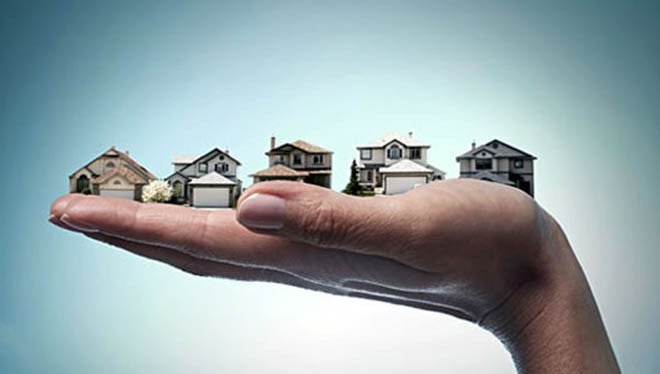
A house of your own is a myth that one should guard against -- an expectation thrust on us by society

All Pakistanis want a house of their own. Or perhaps most do. This is not entirely unrelated to the housing problem being discussed here because all housing solutions aim at this ideal. The desire for a house and its realisation equates with the elixir of life: the ‘house’ becomes ‘home’ the day you own it, not before.
A house to live in is a genuine need but not in the exaggerated manner the elders, the peers and the land developers sell it to you. The sense of insecurity is overplayed to a level where people from all classes ultimately want to buy a piece of land or a house.
This is different from owning a car, the next big desire after a house. You could argue that both these insecurities stem from a real need -- the state has shirked from providing decent housing and functional transport system to its people.
Fair enough. But not in the way we’ve turned these needs into status symbols or ideals that alone would make us happy.
The house that promises to be a saviour involves a huge investment, and most people spend most part of their lives saving up to eventually buy it. Sometimes, they can not save enough money and incur debts to pay up for that house. In most cases, they do not keep emergency funds for more pressing needs like their children’s education, sickness, etc.
Once the debts are all paid up, there still remains the maintenance cost of that house and the taxes to be paid. The house you live in is an idle investment for all practical purposes; even if the value appreciates, it doesn’t affect your life. But these are all expenses no one tells you about. They only tell you how economical a prospect this is. And no, they do not measure the stress cost, spanning a lifetime, either. The stress does not end after you start owning the house, mind you.
Read also: From small town to mega city life
Those who buy their ‘dream houses’ in the suburbs end up commuting all day to and from their workplace and kids’ schools in their personal transport. One wonders how comforting a thought is that.
People tell you there is nothing like a house of your own to help in old age. But that is not the only thing old people need -- they need good nutrition, medicines, sometimes nursing facilities, and money to pay their utility bills. Instead, they put all their savings under one head -- a house -- and leave nothing for these other needs.
So it’s all in the mind. A house of your own is a myth that one should guard against. We want to buy a house because this is an expectation thrust on us by society; it gives a sense of ‘security’ and assures us it will make others consider us successful in life.
I think we need to learn to find joy in other things, through gestures of love and forgiveness, laughter and sport, reading and writing, being passionate about our work and hobbies, singing and dancing, sharing and letting go, especially of this one preoccupation of our lives. We could be perfectly happy living in a rented house as well as in our own.
Just like others, my children are enamoured of their ‘own’ house. I often ask them to give me the names of people who are remembered in history for owning a house, a big house, a beautiful house, or owning ten or a hundred houses. They can’t give me one name.
One would rather write a good book instead of worrying about a house.